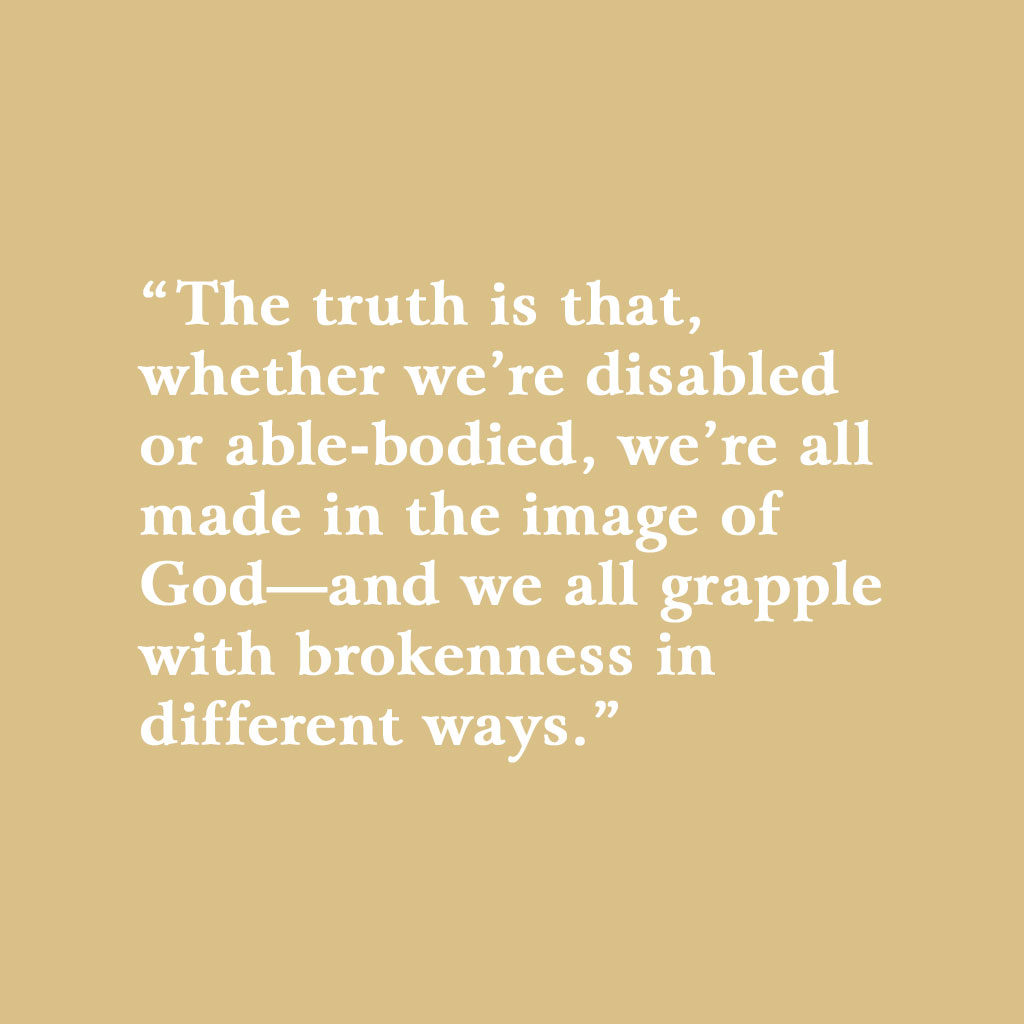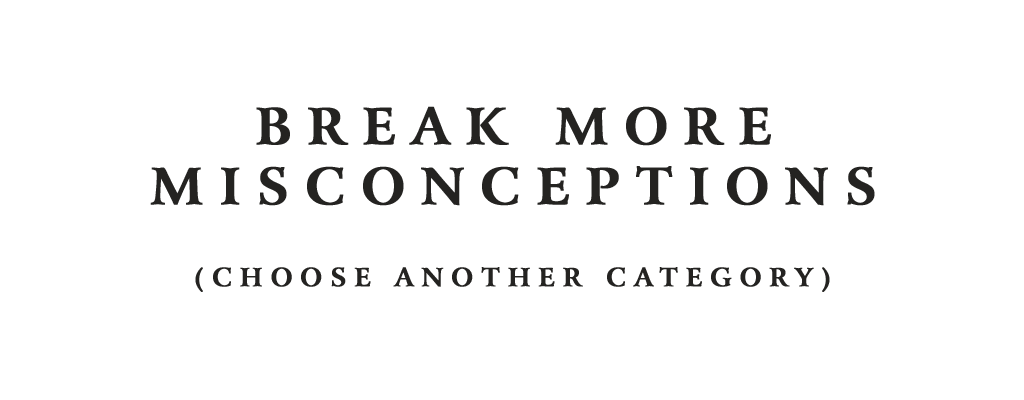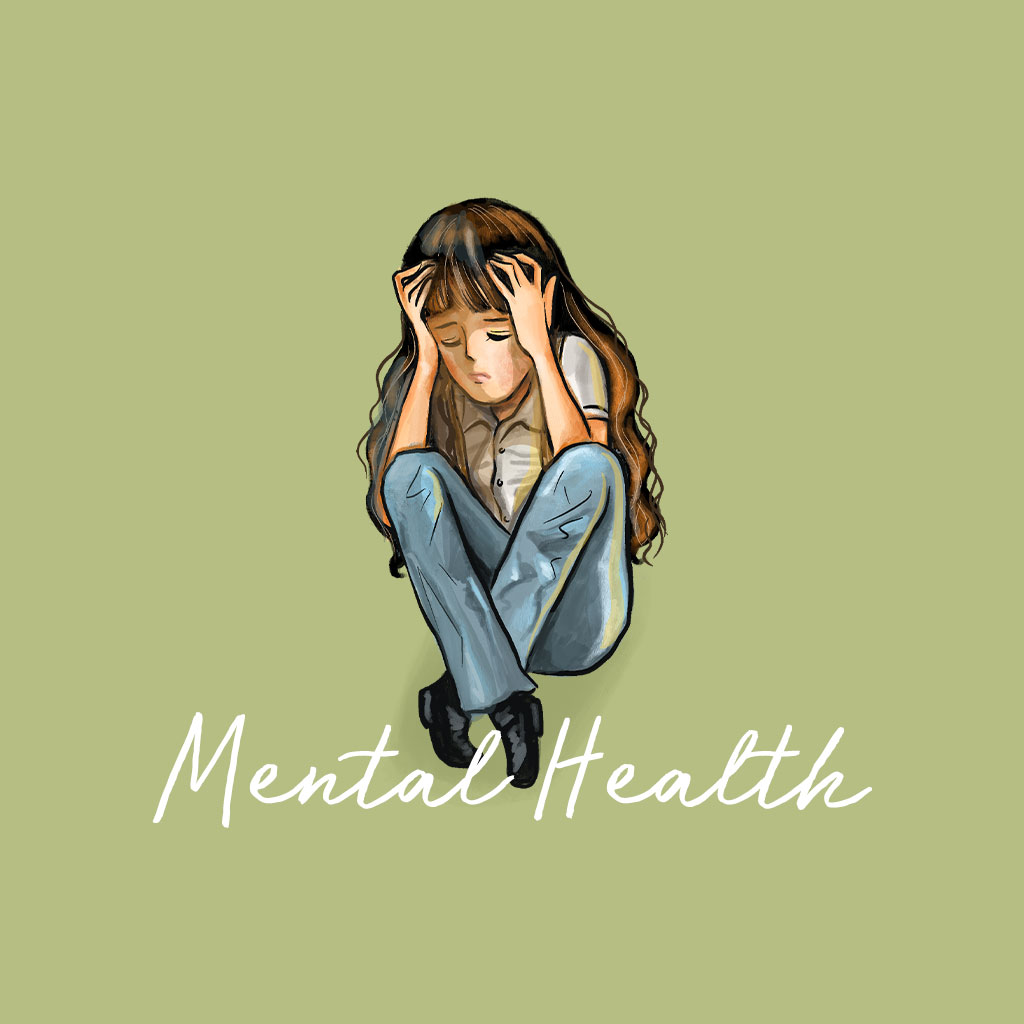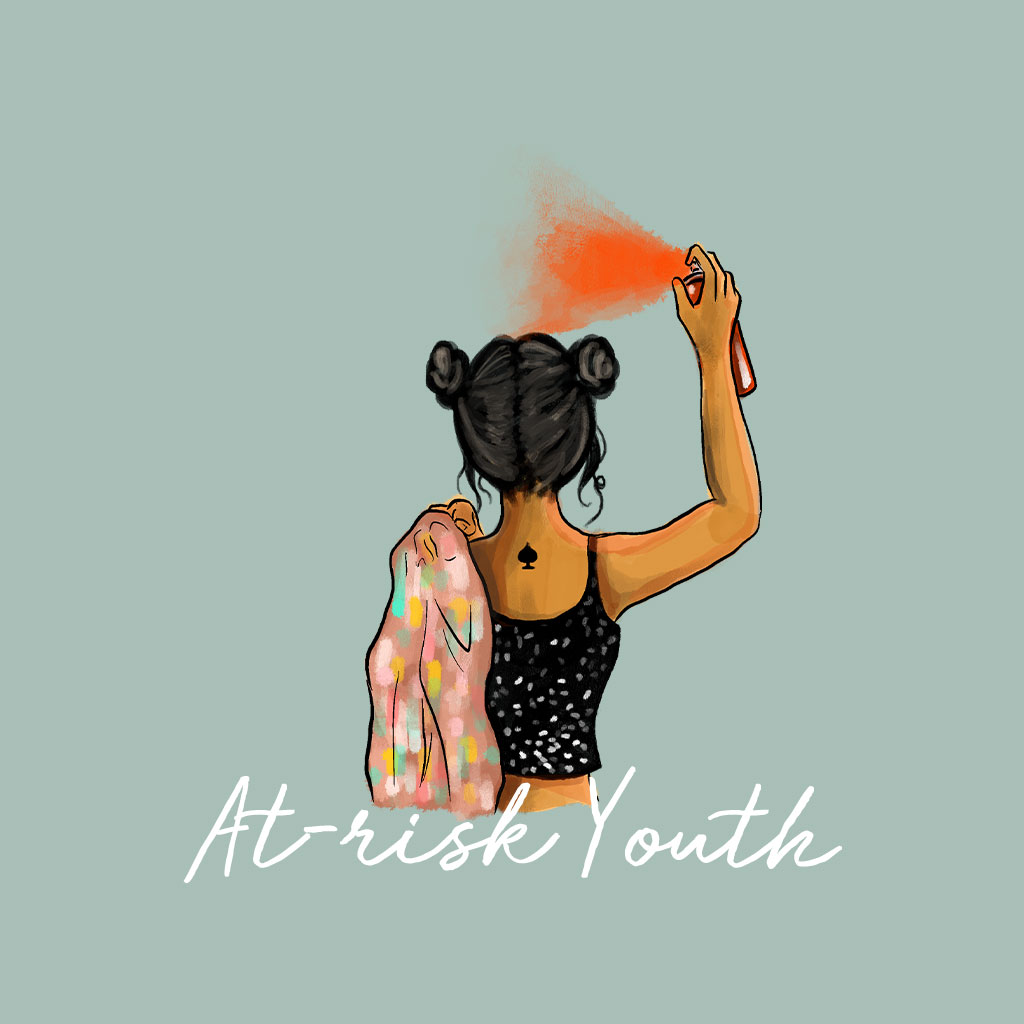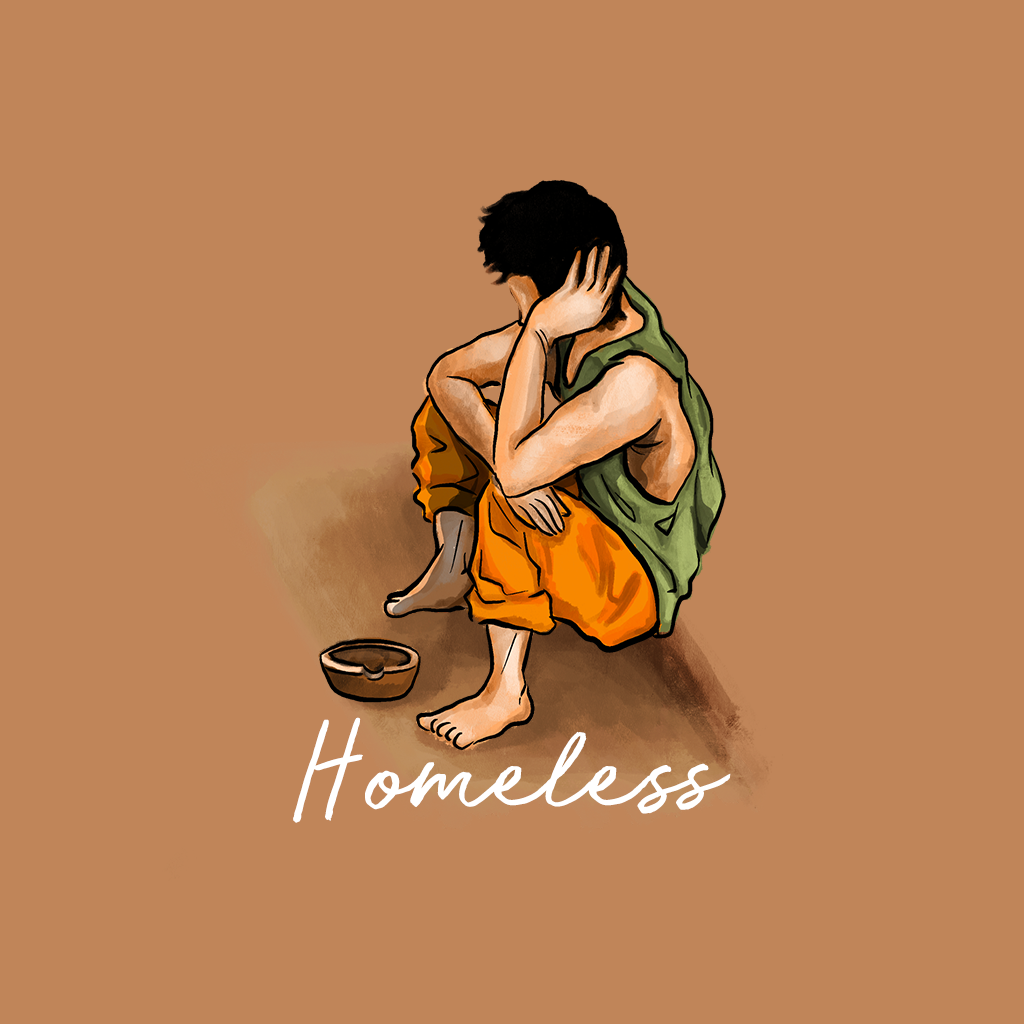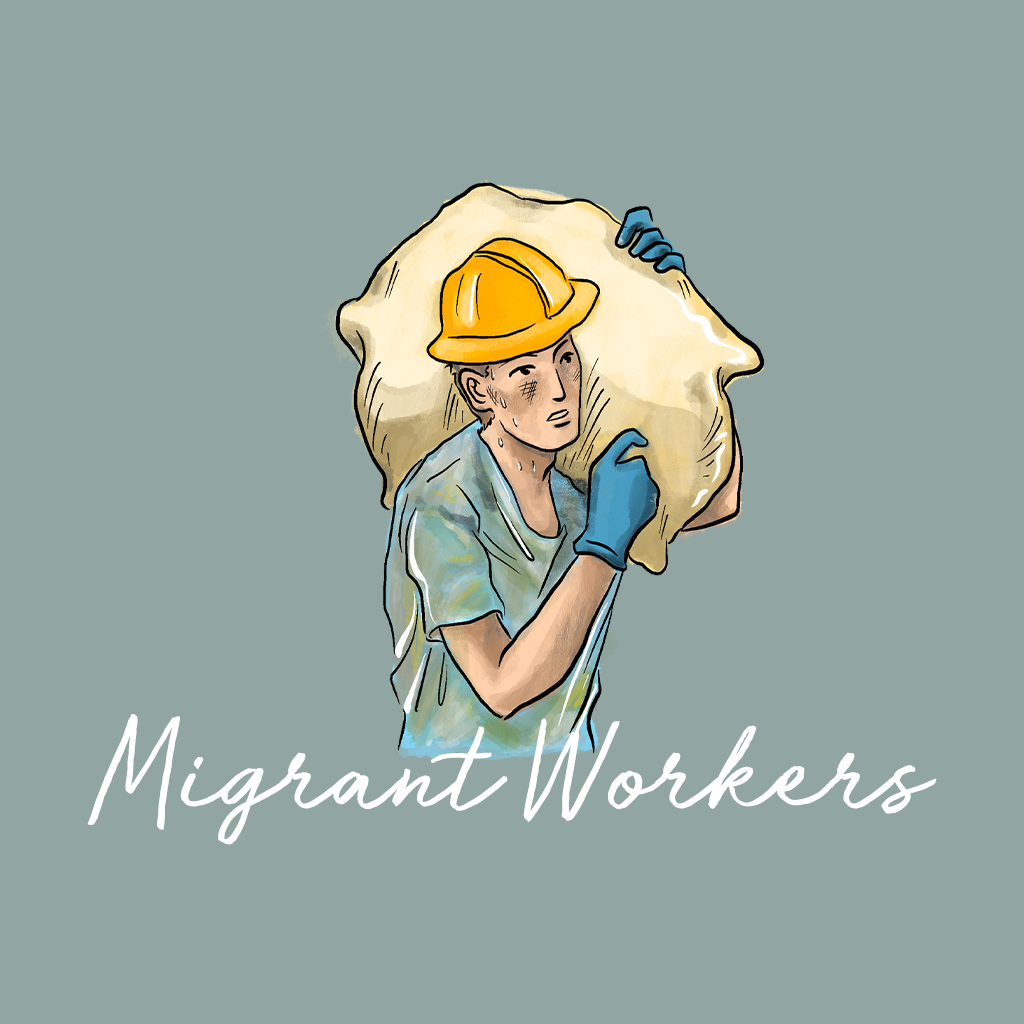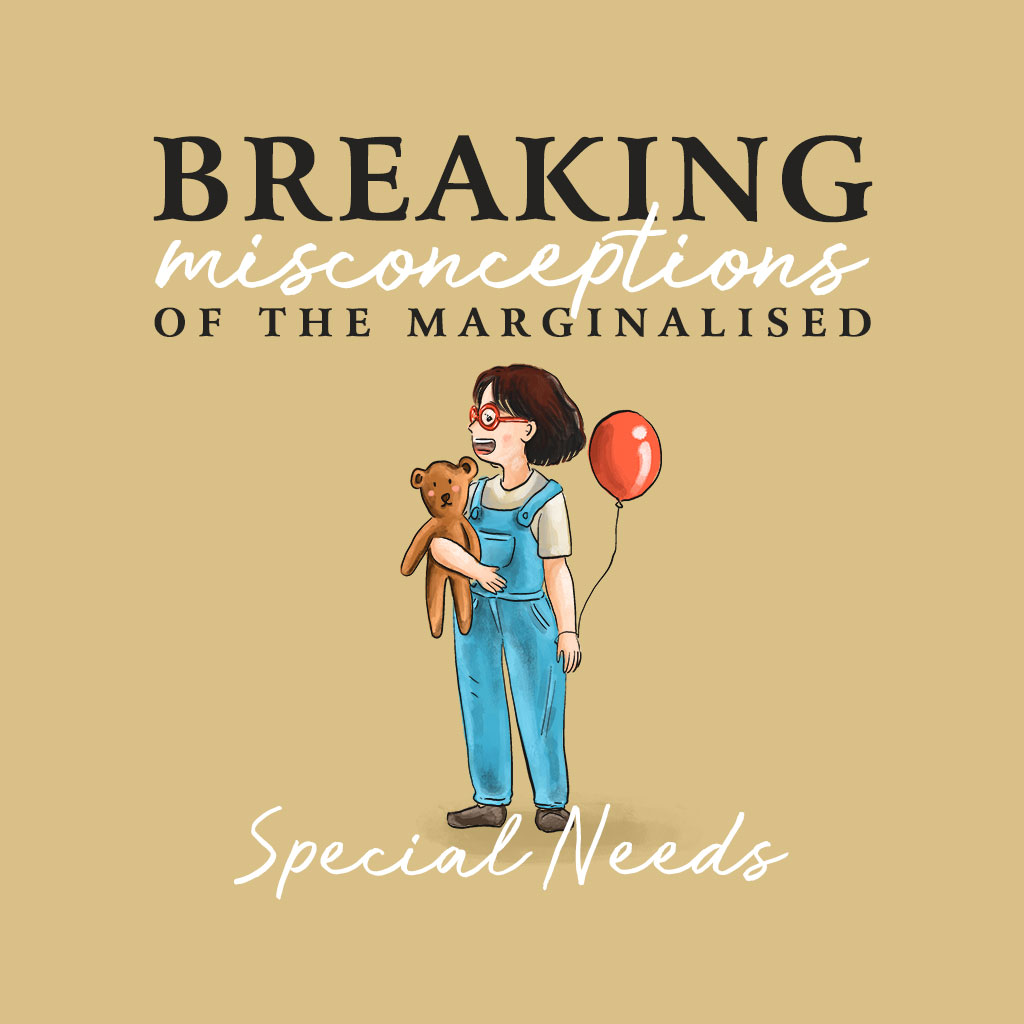
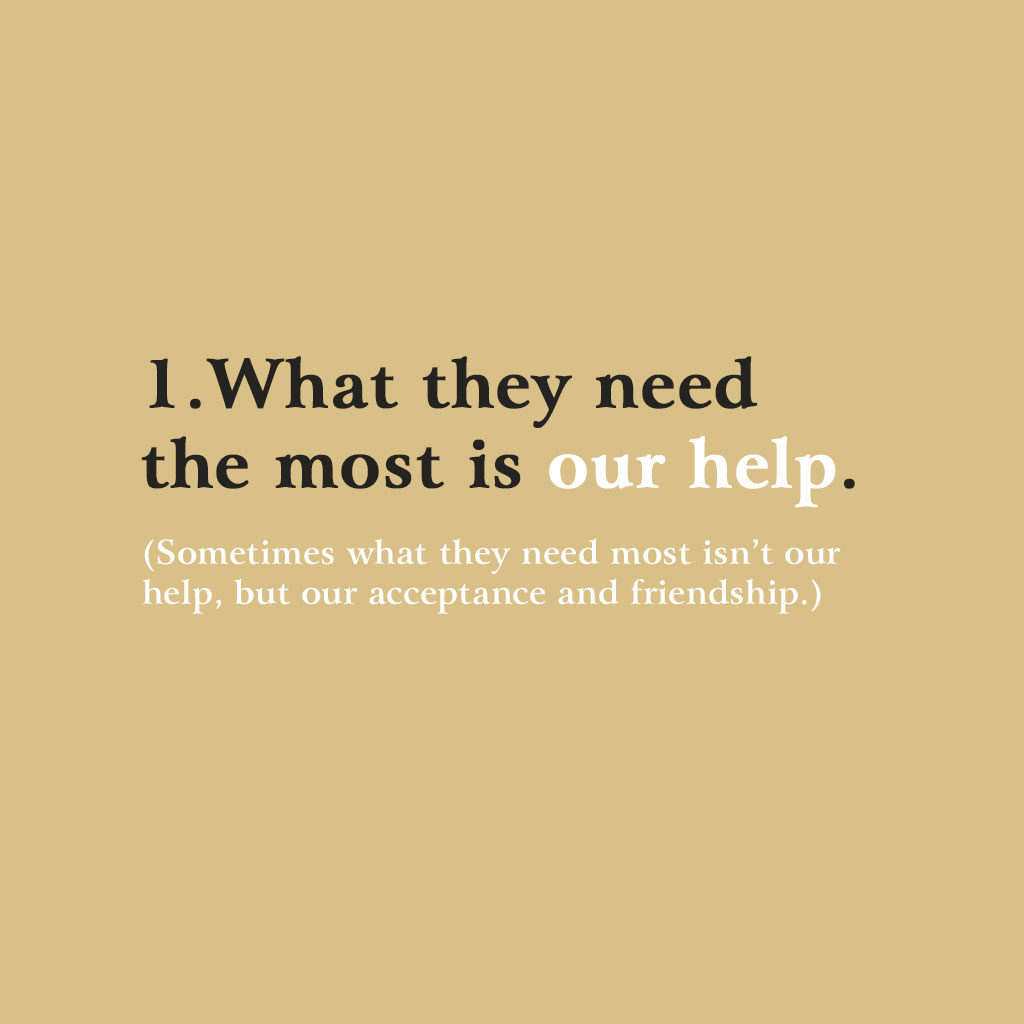
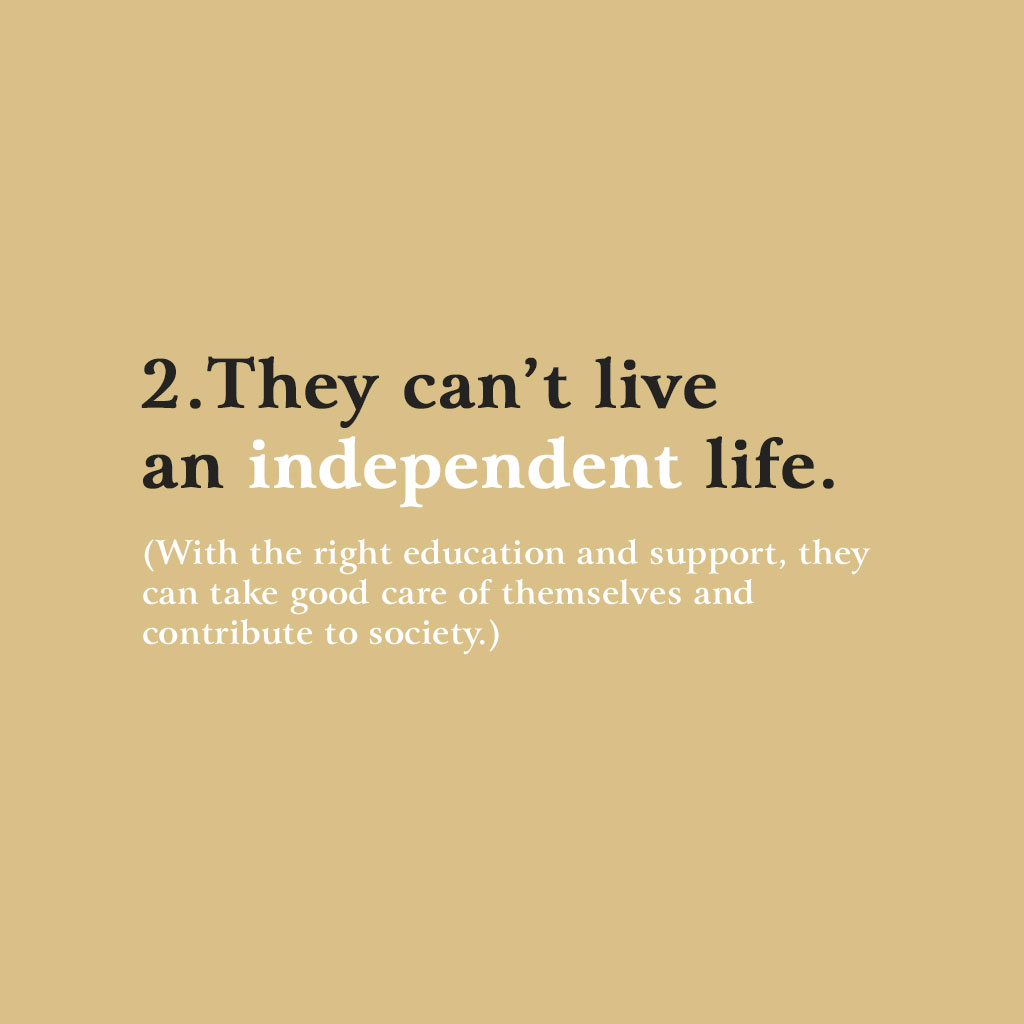
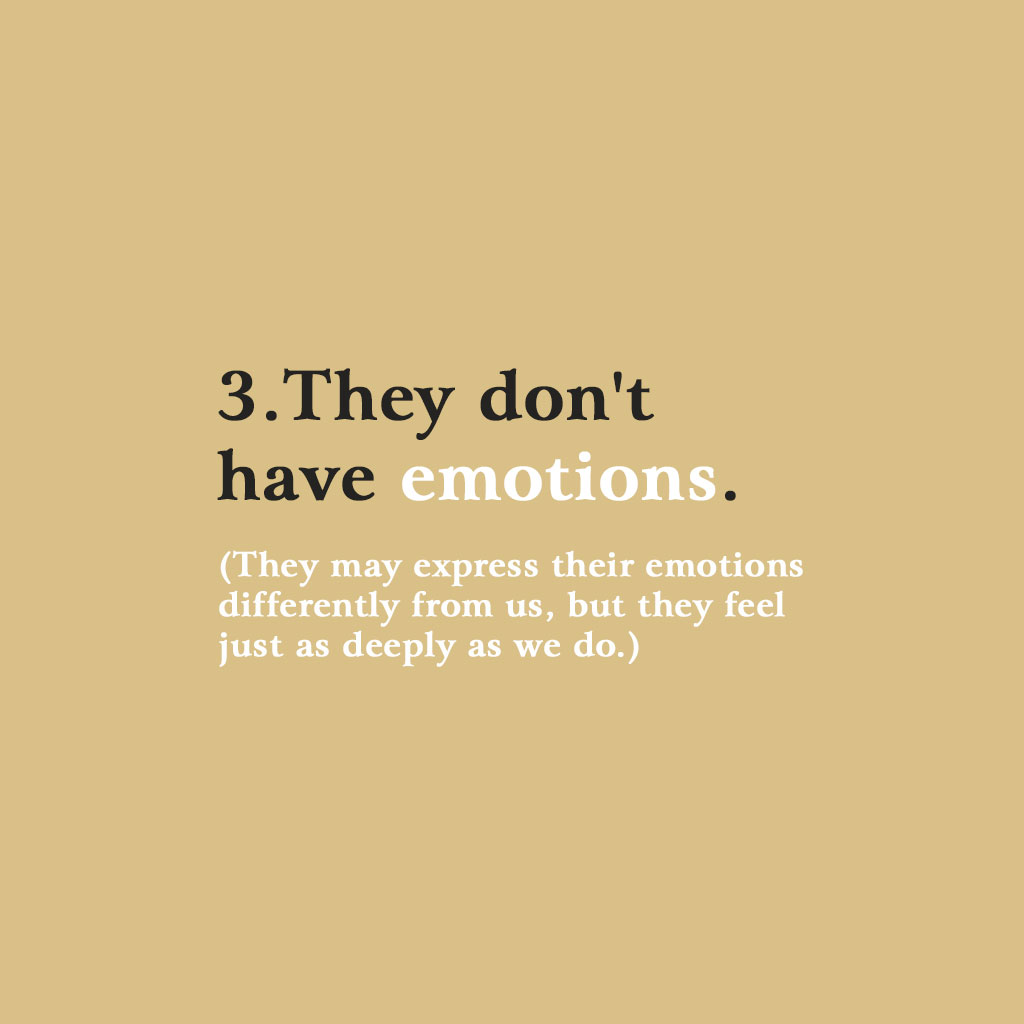
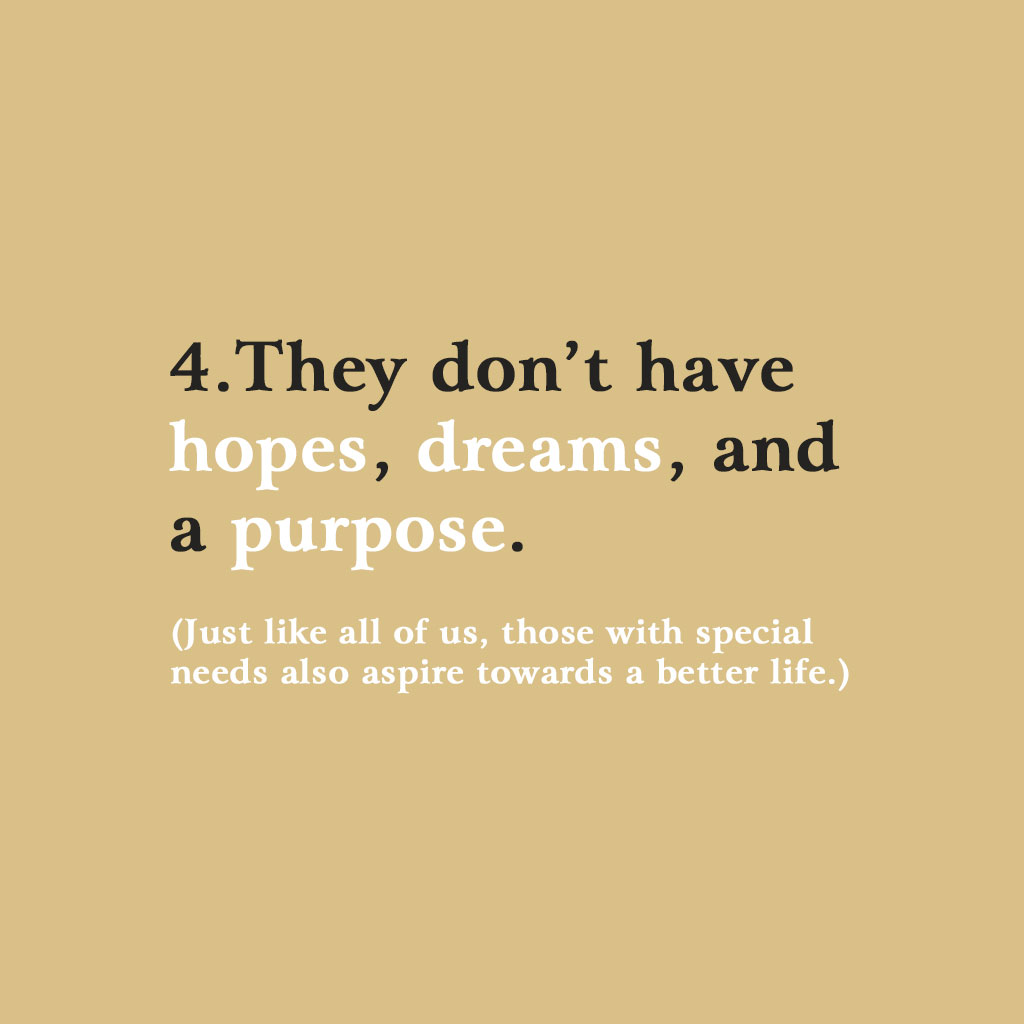
Have you ever wondered what it might feel like to lose your hearing or sight or the use of your limbs? Or, living in a world with social cues and sensations that are so different from the one in your mind that others can’t understand what you’re trying to express?
When it comes to relating to those with disabilities or special needs, we often see only what’s visible on the outside, which evokes our pity or the assumption that the person needs to be helped—physically, financially, or in some other way.
When that happens, it prevents us from seeing the person as an equal. The truth is that, whether we’re disabled or able-bodied, we’re all made in the image of God—and we all grapple with brokenness in different ways. They may express their desires, hopes, emotions differently from us, but what they seek isn’t always our help, but our acceptance and friendship, our recognition that they’re not that different from us.
If we’re willing to enter into their world, we’ll find that we often have a lot to learn from them—whether it’s their courage, perseverance, determination in overcoming their physical limitations, their mental strength, or their dependence on God.
Remind them that God lovingly formed each of us in the womb (Psalm 139:13-26), and weakness is not a source of shame, but a way for us to depend more on Christ (1 Corinthians 1:27-29), and to see His glory displayed through our lives—and we may be amazed to see how their faith can strengthen ours.

- Look them in the eye and be willing to be the first to befriend them.
- Don’t assume we know what they need.
- Take time to understand and help them express themselves.
- Listen to their concerns.
